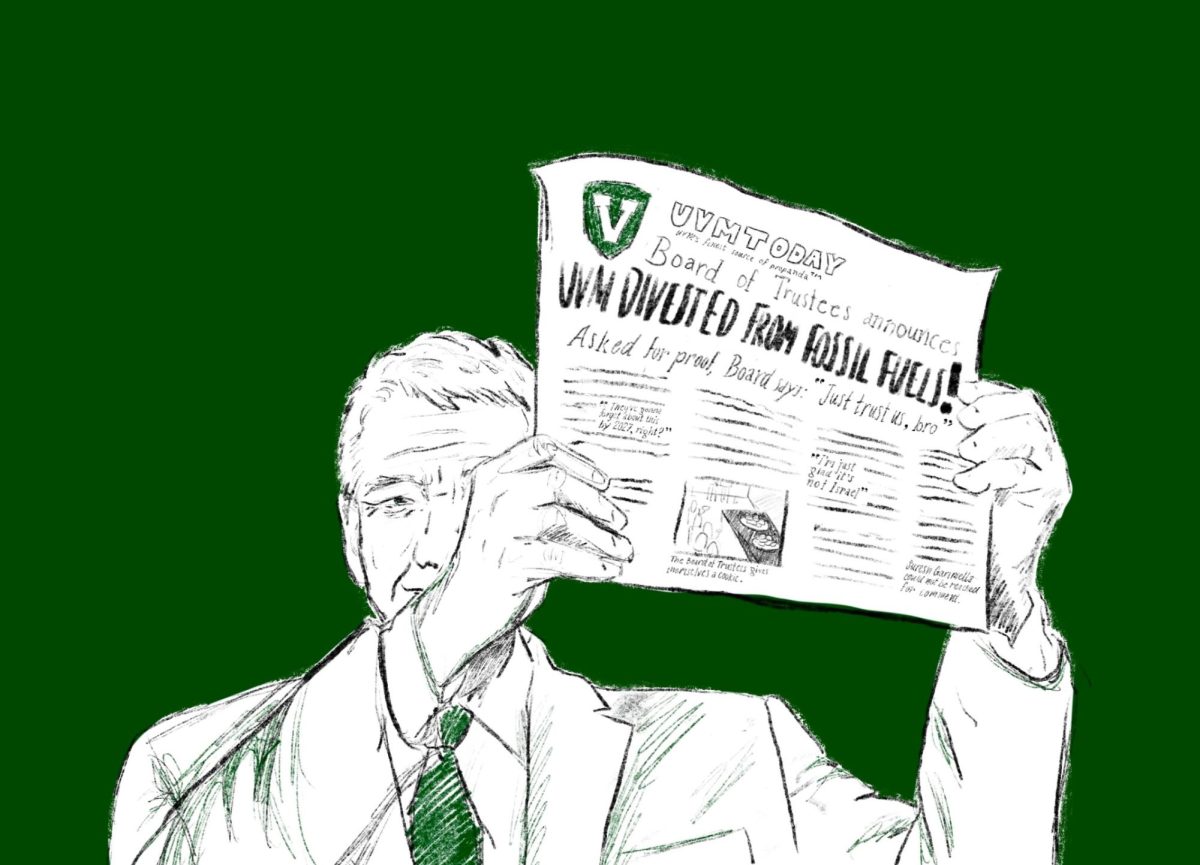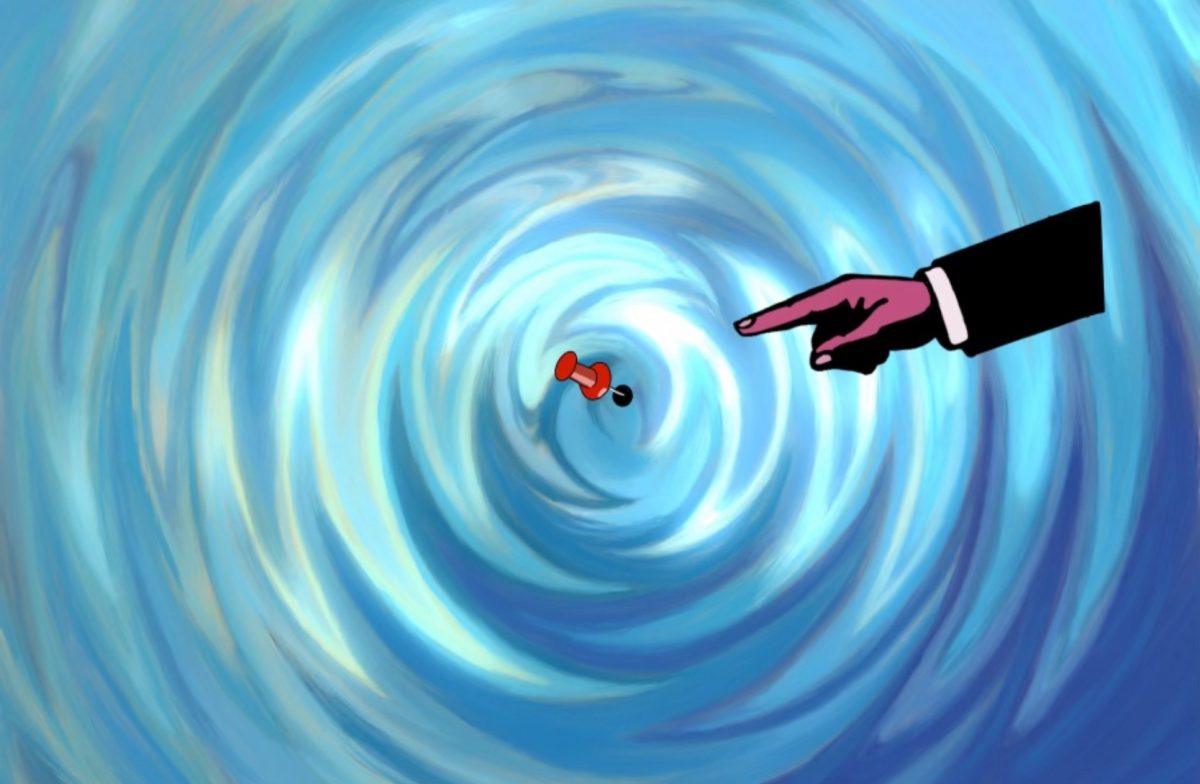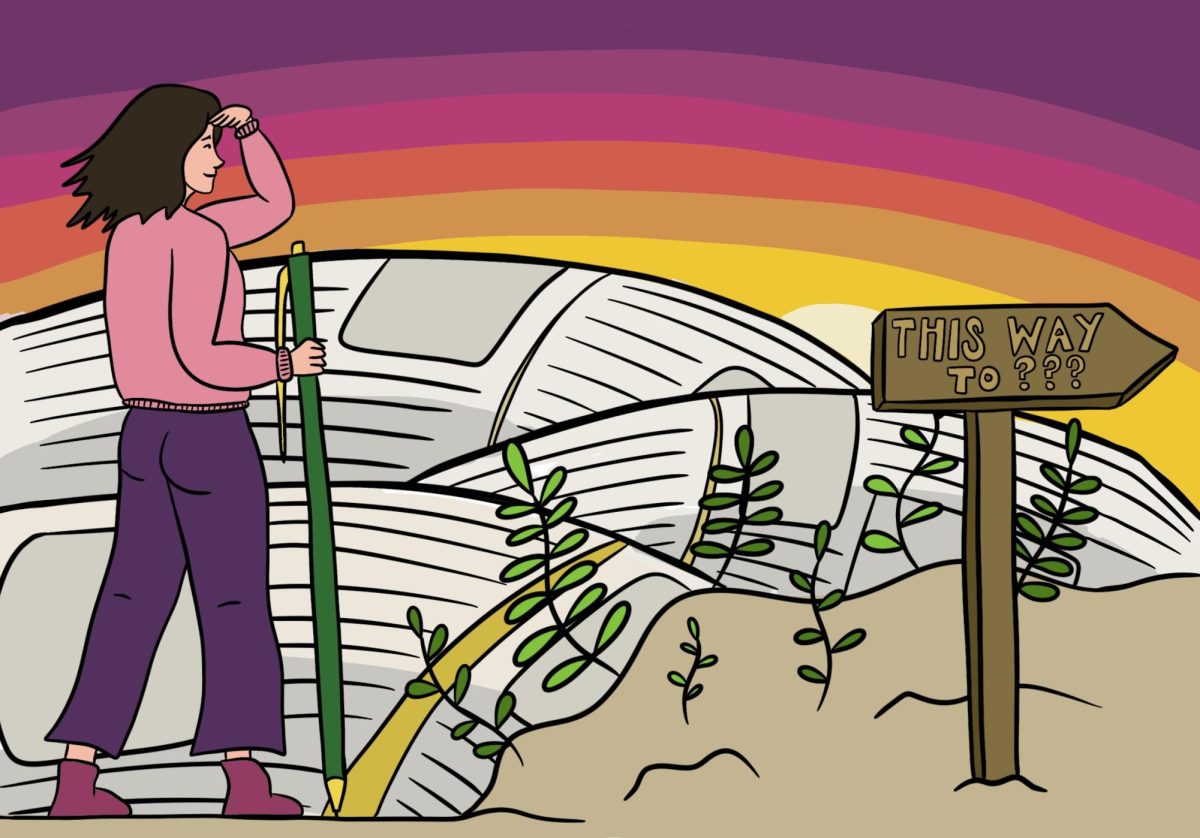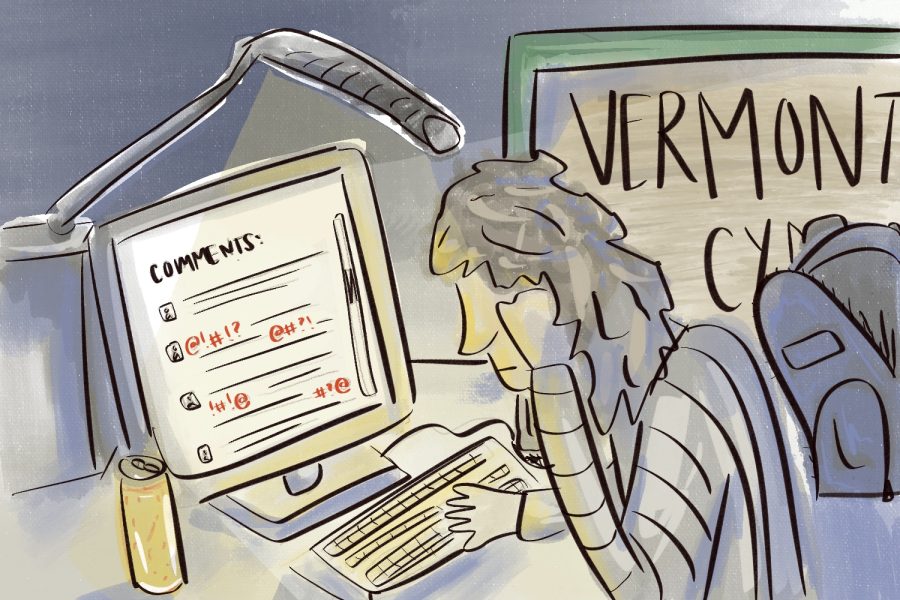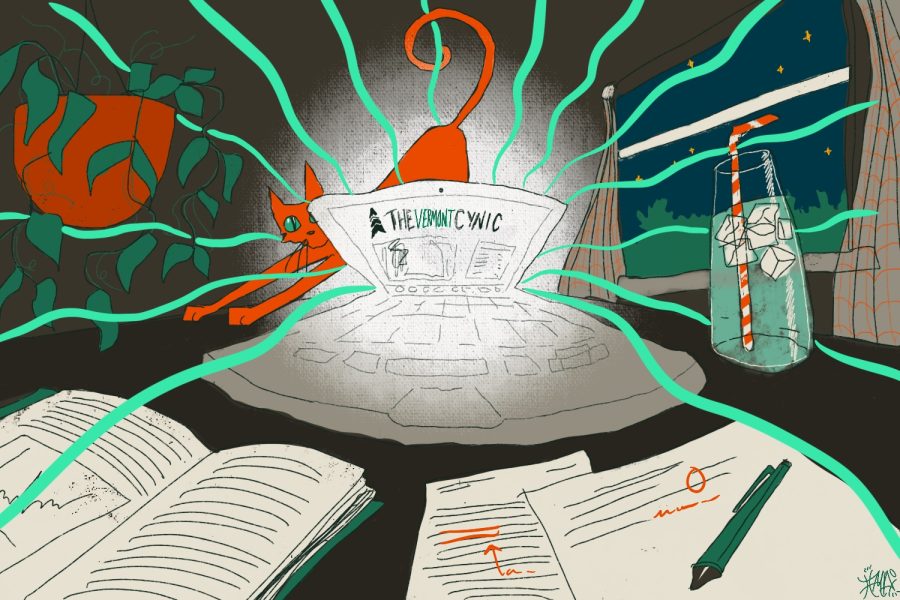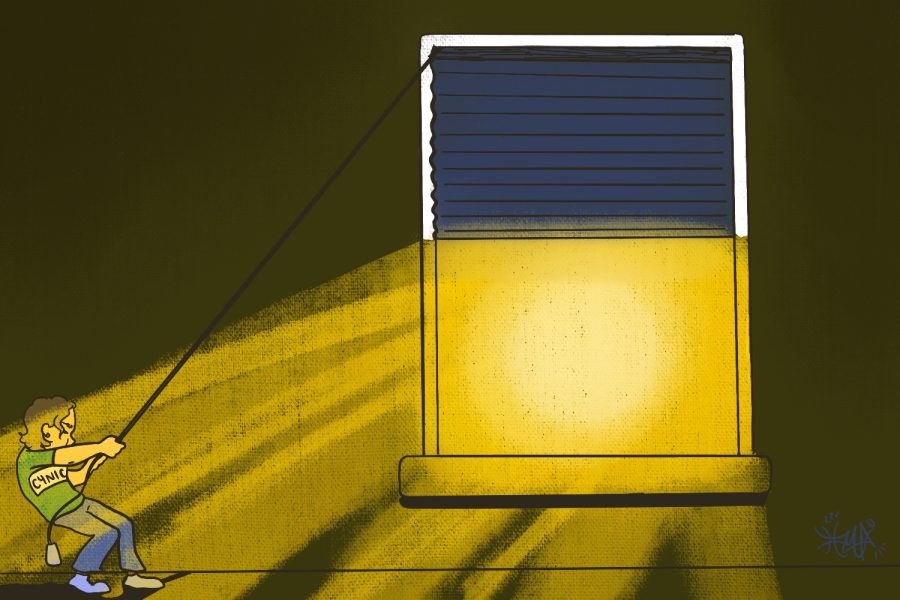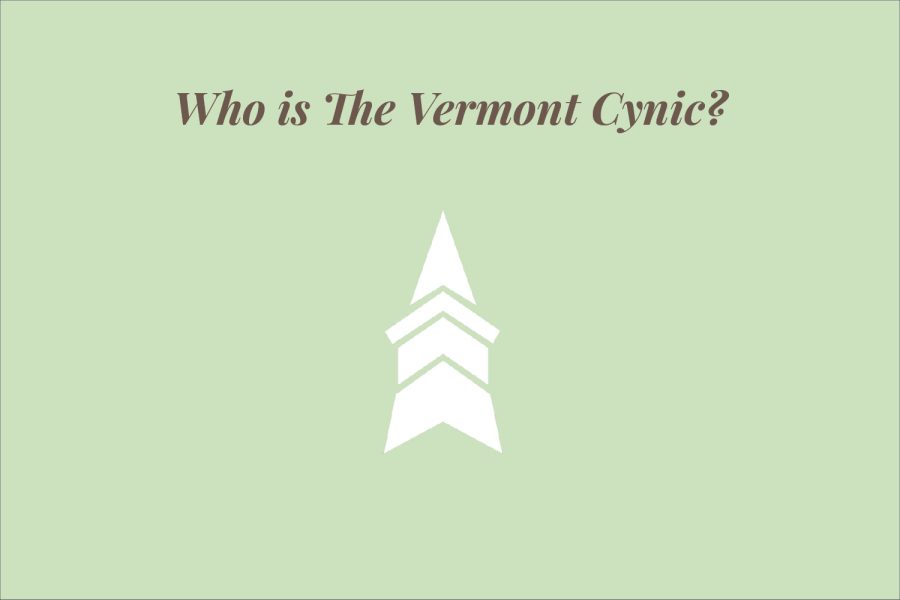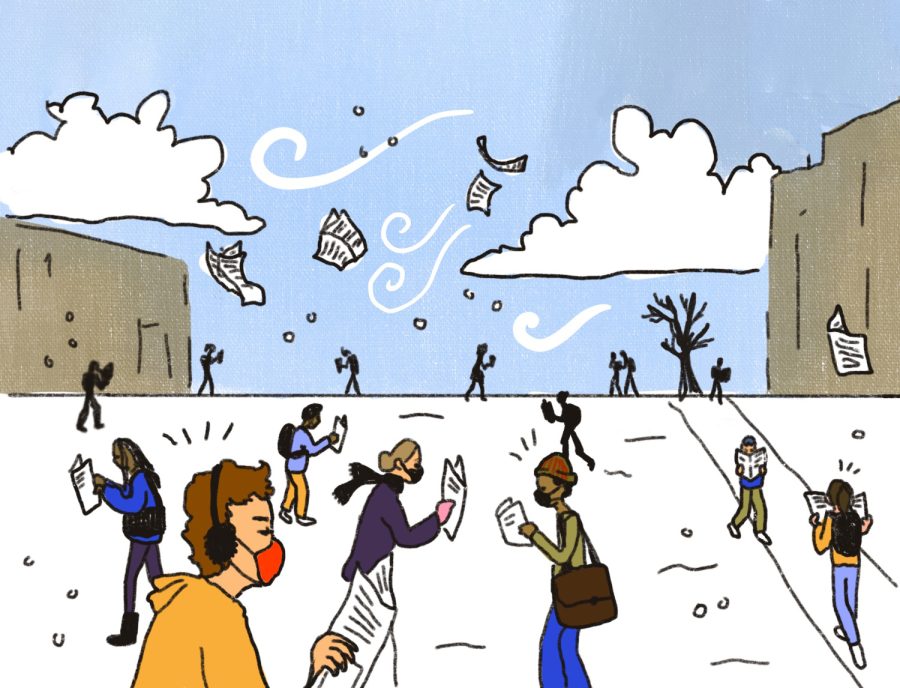The Vermont State Senate made history Feb. 24 by becoming the second legislative body to legalize the sale and possession of marijuana, and the first to do so without the use of a referendum.
This isn’t the end of the fight, however. The measure will now head to the House, and supporters will be fighting an uphill battle to get it passed.
[media-credit name=”ALYSSA HANDELMAN” align=”alignnone” width=”293″]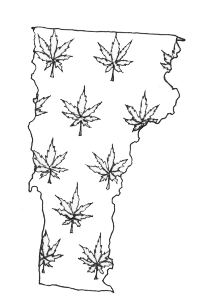 [/media-credit]
[/media-credit]
[lead][/lead]
In truth, there is no practical reason to ban recreational marijuana. Gov. Peter Shumlin summed up the current legal situation by calling it a “failed policy of prohibition,” Feb. 24.
He’s right about that. Marijuana has lost its dangerous veneer. Nearly 80,000 Vermonters admit to using marijuana on a monthly basis, according to a Feb. 24 Vermont Public Radio article.
The state could tax marijuana and use the money for education and drug treatment, both for marijuana and other drugs like heroin. This could potentially help solve a statewide opiate issue.
UVM could also benefit financially by developing new technologies like roadside marijuana intoxication tests and selling them to the state, as Washington State University has done, Bill Lofy, who represents the pro-legalization group Vermont Cannabis Collaborative, said.
Legislative analysts estimate that the 25 percent tax on retail marijuana sales will generate as much as $20 million annually, according to the VPR article.
If the bill passes, possession of amounts of marijuana greater than one ounce would remain a criminal offense. Marijuana arrests cost the state $17.61 million in 2006 according to an article published by drugscience.org, and have most likely increased since then.
Legalizing marijuana would not only bring more revenue into the state, but eliminate costs associated with arrests from the possession of small amounts of the substance.
Additionally, there is little evidence that decriminalization of marijuana leads to a substantial increase in its use. In fact, college students might find the drug to be less desirable as it will seem less mischievous.
Making the legal age for marijuana use 21 will not eliminate underage usage. For example, look at 4/20 here at UVM. You can’t expect that cloud of smoke on Redstone this year to be a direct result of “responsible” 21 year olds.
Truth be told UVM likely partakes in marijuana usage just as much as any other university, however we are still recognized as groovy UV. That said, with the legalization of marijuana comes a new standard for acceptable social behavior.








![Can’t buy me [self] love](https://vtcynic.com/wp-content/uploads/2024/04/self-care-FINAL-1200x796.jpg)
